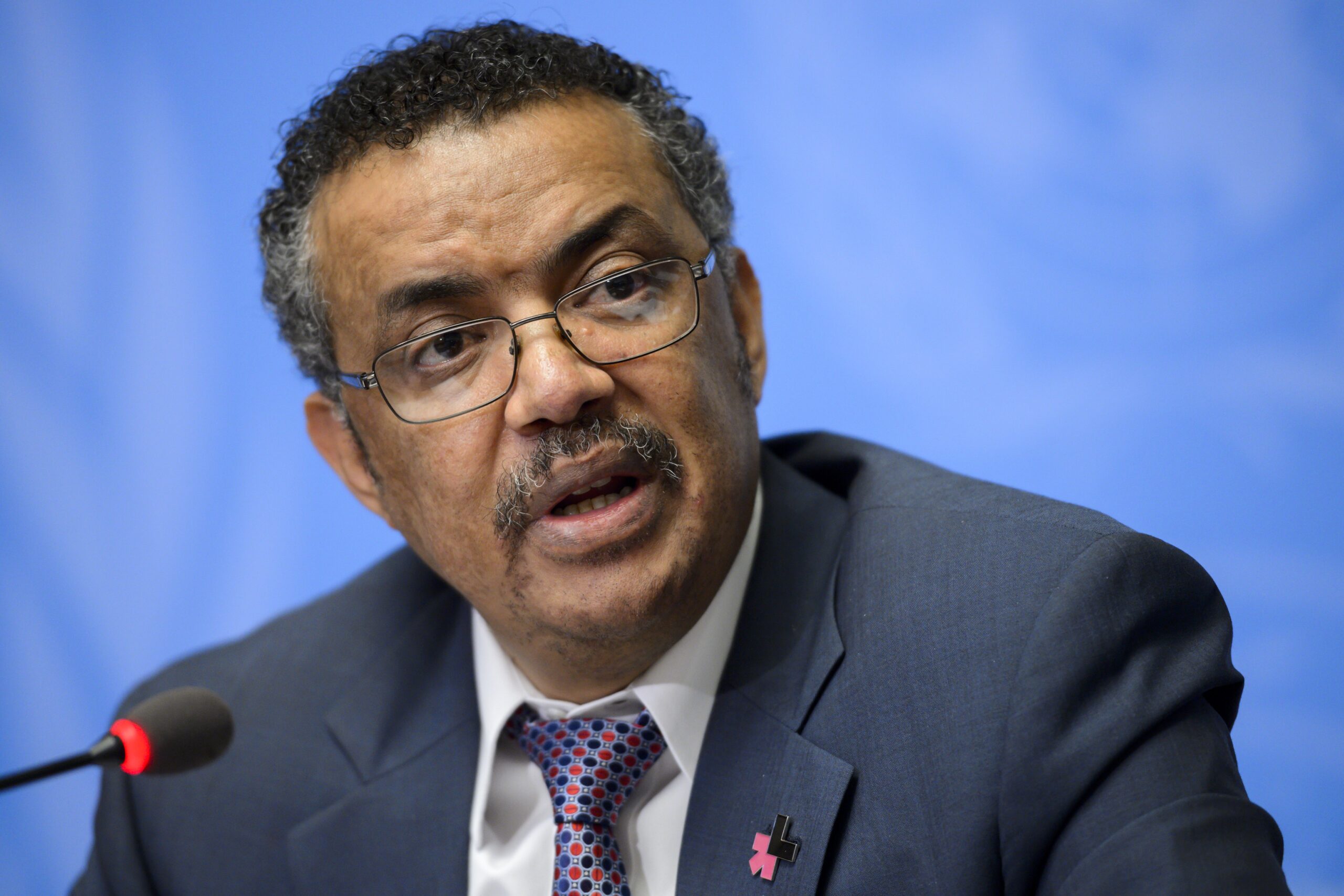While delivering a keynote address at the 138th International Olympic Committee (IOC) Session here in Tokyo on Wednesday the Director-General of the World Health Organization (WHO), Tedros Adhanom Ghebreyesus stated that the pandemic will end when the world chooses to end it.
The IOC and WHO have enjoyed a longstanding partnership since 1984, when the first MoU was signed.
Last year, the IOC and WHO signed a new Cooperation Agreement, which is a common commitment to the importance of sport and physical activity for physical and mental health.
“I have come this time – to this global mountaintop – with a message for the world’s people to hear. Our focus as a world united must be on doing everything we can to triumph over the pandemic, with determination, dedication, and discipline. We are not in a race against each other; we are in a race against the virus,” said Tedros Adhanom Ghebreyesus as per the release.
“I am often asked when the pandemic will end. My answer is equally simple: the pandemic will end when the world chooses to end it. We have the tools to prevent transmission and save lives. Our common goal must be to vaccinate 70% of the population of every country by the middle of next year.”
“The global failure to share vaccines, tests, and treatments – including oxygen – is fuelling a two-track pandemic: the haves are opening up, while the have-nots are locking down. The longer this discrepancy persists, the longer the pandemic will drag on, and so will the social and economic turmoil it brings. I have called for a massive global push to vaccinate at least 10% of the population of every country by September, at least 40% by the end of the year, and 70% by mid-next year. If we can reach those targets, we can not only end the pandemic, we can also reboot the global economy,” added Ghebreyesus.
“The COVID-19 pandemic has taught us all many painful but important lessons. One of the most important is that when health is at risk, everything is at risk. That’s why WHO’s top priority is universal health coverage. Our vision is a world in which all people can access the health services they need, where and when they need them, without facing financial hardship. And indeed, Japan is a global leader in universal health coverage, and a perfect example of its benefits,” pointed WHO’s DG.
More recently, WHO was also instrumental in sharing technical advice with the IOC during the discussions that led to the postponement of the Olympic Games Tokyo 2020, and continues to give advice as it gathers additional knowledge and understanding of COVID-19.











